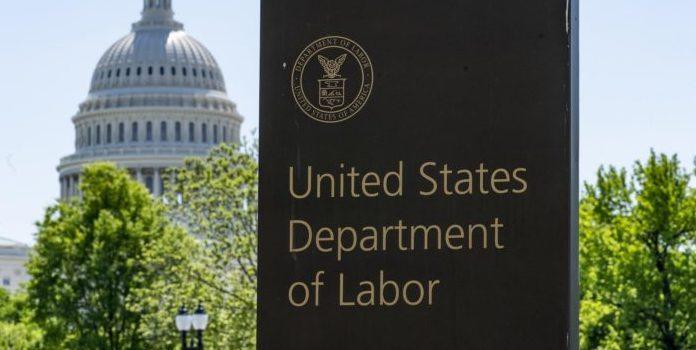(Chris Parker, Headline USA) Americans who have benefited from the “gig economy” to generate or supplement their income face a new threat from the Department of Labor, which is reversing a Trump-era rule that allowed companies to hire freelancers and contractors without classifying them as employees.
Under a new rule announced Tuesday, the government will take over an individual’s right to determine for themselves whether they are a contractor or employee. It will also prevent would-be freelancers from choosing which pay is suitable for themselves.
“While independent contractors have an important role in our economy, we have seen in many cases that employers misclassify their employees as independent contractors, particularly among our nation’s most vulnerable workers,” said Secretary of Labor Marty Walsh in a statement.
“Misclassification deprives workers of their federal labor protections, including their right to be paid their full, legally earned wages.”
While the DOL claims that its move is to protect freelancers, in reality it will just make hiring contractors on an as-needed basis less lucrative for businesses. This is especially true for tasks or projects that are only needed periodically.
Supporters claim that it will force Uber and its competitors to pay a living wage. However, these gig economy workers set their own hours; they decide when to go online, regardless of how low demand might be, according to Rebel News.
So, if a driver goes online when there is little demand, Uber may still be forced to pay them minimum wage. If they are forced to pay when they aren’t making money, there is no longer an incentive for Uber (and similar platforms) to provide its services or opportunities for additional income.
It will also mean businesses will have to consider more regulatory and financial hurdles when hiring freelancers, who they typically hire in light of the massive expenses that the federal, state and local governments have placed on hiring employees. It will also harm small businesses that hire freelancers because they cannot yet afford full-time employees.
However, its new rules can only apply to domestic businesses. Foreign companies will still be able to hire freelancers in whichever country they choose, including the US. So, the rule creates another hurdle for American businesses trying to remain globally competitive.

